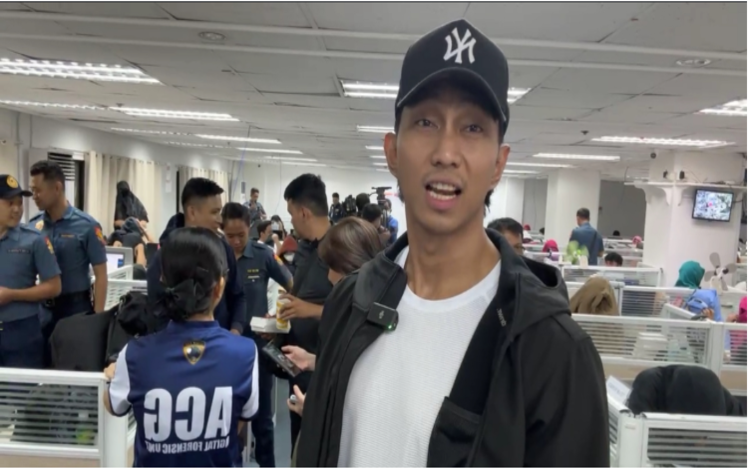The Philippine National Police Anti-Cybercrime Group (PNP ACG) has recently found itself in the midst of controversy as it investigates a potential breach of privacy involving the popular vlogger Rendon Labador. This incident arose after Labador live-streamed the PNP ACG’s operation against a company allegedly involved in online lending activities in Makati City.

Collaborating with the Philippine Anti-Organized Crime Center (PAOCC), the PNP ACG executed this operation on October 20 with the backing of a court-issued warrant. The joint effort was aimed at addressing the activities of the company known as Golden Koi, suspected of involvement in online lending practices.
One critical aspect of this case is the media’s involvement in reporting on the operation. Notably, prominent vlogger Rendon Labador and other media representatives were given access after the operation’s conclusion. Labador, alongside other journalists and vloggers, was present to document the event, just as any other members of the media would be. This inclusive approach extended to major networks like ABS-CBN and GMA7, ensuring a comprehensive reporting of the situation.

The situation took a contentious turn when Labador, after the raid, began live-streaming the police operation on his Facebook page. His broadcast bore the caption “caught in the act” (witnessed in action), which caused outrage among the families and relatives of the company’s employees. They claimed that Labador’s live-stream revealed the identities of their loved ones and implied their involvement in the alleged wrongdoing.
The incident has sparked a significant ethical debate regarding the practice of live-streaming law enforcement actions. It highlights the importance of media practitioners exercising prudence and sensitivity in situations like these. While media has a vital role in shedding light on important matters, there is a need to strike a balance between the public’s right to know and the potential harm caused by prematurely exposing sensitive information. This debate underscores the importance of safeguarding the integrity of an ongoing investigation and respecting the rights of all individuals involved in such operations.

As this situation unfolds, it raises critical questions about how media, especially social media influencers and vloggers, navigate their roles in the midst of law enforcement activities. Balancing transparency and accountability with privacy and ethical considerations becomes increasingly challenging in the digital age. Source
